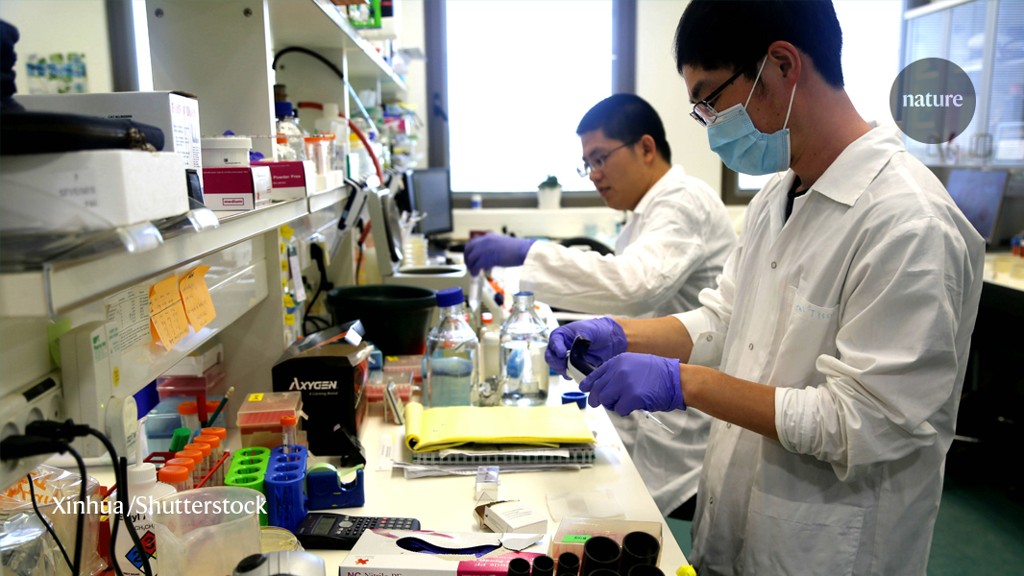Nature is encouraging postdoctoral researchers working in academia in science, technology, engineering and mathematics to respond to its first-ever survey dedicated entirely to postdocs, a crucial but often marginalized segment of the scientific workforce. The survey, now accessible at https://go.nature.com/3fDup2u, addresses issues at the heart of the postdoctoral experience, including job satisfaction, career progression, working hours and financial compensation.
The survey — created in partnership with Shift Learning, a London-based research consultancy — is available in English, Chinese, French, Portuguese and Spanish. “We’re hoping to hear from postdoctoral researchers from around the world,” says Karen Kaplan, the Washington DC-based senior editor of the Nature Careers section. “These scientists help form the foundation of academic research, but they don’t always get the recognition they deserve. We’re eager to hear what they have on their minds, especially during these difficult times.”
This survey joins two others that Nature Careers has been producing since 2010: one on scientists’ job satisfaction and salaries, and the other on the lives of PhD students. Both of those surveys, which will continue in alternate years starting in 2021, have uncovered high levels of satisfaction with scientific life — despite many frustrations, disappointments and uncertainties. A significant number of postdoctoral researchers participated in the satisfaction and salary surveys, and Kaplan says that it was time to create one that focuses exclusively on postdocs and their concerns, fears and triumphs.
Studies in the past few years have highlighted the career insecurity faced by postdoctoral researchers in academia. Tenure-track positions have remained scarce, forcing many postdocs to sign a series of short-term contracts while they continue to search for permanent employment. Kaplan notes that the COVID-19 pandemic threatens to severely limit their options as many universities freeze hiring and slash positions. She adds that the survey contains several questions to assess the ongoing and potential impacts of the pandemic.
“This is a daunting time, not just for postdoctoral researchers but for everyone in science,” she says.


